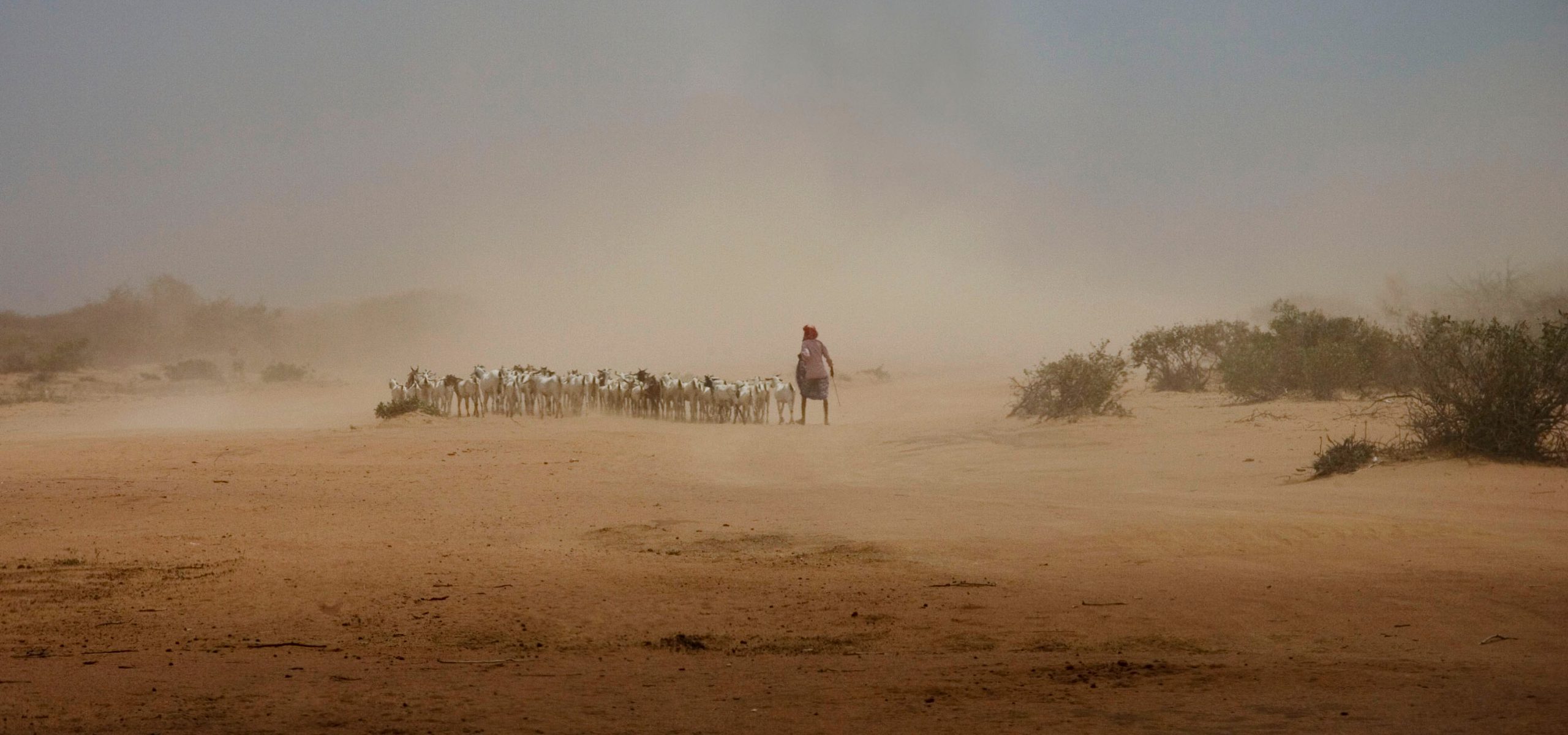Climate Risk
Key considerations regarding climate change and climated-related risks

Key considerations regarding climate change and climated-related risks
A study about the integration of environmental considerations in humanitarian action and recommended action to improve its effectiveness, accountability, and sustainability.
This study, published by Evidence on Demand provides an overview of the key reasons that environmental and climate change issues are relevant in the context of humanitarian action.
This occasional policy paper aims to improve the humanitarian sector’s understanding of the nexus between climate change and violent conflict.
OCHA Occasional Policy Brief on climate change and humanitarian action…
A collaborative study on the true cost of using traditional fuels in a humanitarian setting, using a case study of the Nyarugusu refugee camp in Tanzania.
“Minerals and metals play a central role in the global economy and mining is an important source of economic development in many countries. However, the harmful effects of mining remain a challenge for society to acknowledge and address.” (RMF, 2021: 4) The new report from the Responsible Mining Foundation…
This factsheet provides an overview of the UNEP/OCHA Joint Environment Unit's IKI Project, an inter-agency project which aims to strengthen climate change adaptation in target humanitarian hotspots. The project supports vulnerable communities, internally displaced people, refugees and host communities that face climate-related risks. The projects involves three implementing…
This study, conducted in 2019, focuses on the definition of climate vulnerability with operational and political perspectives and delivers guidelines for assessing climate vulnerability in long-term crises, such as in conflict-affected countries and recurrent disaster-prone areas. The research draws on an extensive academic literature review in the fields of biology,…
This study, conducted in 2020, sheds light on a variety of potentials and pitfalls of remote sensing for disaster risk analyses in fragile contexts. This topic gains importance in light of the need to formulate more systemic and better-integrated approaches to risk-informed development. Evidence-based policy recommendations encourage organizational learning and…
A policy briefing provided by the international research collaboration The Lancet Countdown, offering an updated analysis of the intersection of climate change and global health. The briefing integrates the findings of the 2018 Lancet Countdown on Climate Change’s International Report with MSF’s documented on-the-ground experiences.
Sphere recently published a new resource that offers hands-on guidance to practitioners looking to consider environmental issues in their humanitarian programmes. It is the first in a series of thematic sheets that will discuss some of the core issues in humanitarian response. [caption id="attachment_2417" align="aligncenter" width="633"] Photo: Kate Holt/IRIN[/caption]…
The WHO UNFCCC Climate and Health Country Profile Project provides country-specific estimates of current and future climate hazards. It also identifies the effects of climate change on human health and identifies mitigation and policy change actions. The data is collected via biennial surveys and was completed in 2017.
The Health and Environment Linkages Initiative (HELI) is a global effort by WHO and UN Environment to promote and facilitate action in developing countries to reduce environmental threats to human health, in support of sustainable development objectives.
A UNESCO compilation of good practices on integrating climate change in Education for Sustainable Development (ESD)…
Norwegian Refugee Council (NRC) website on climate change and disasters…
United Nations High Commissioner for Refugees (UNHCR) website on environment, disasters and climate change, including the 2015 report on UNHCR, the Environment & Climate Change.
The Climate Centre is a specialist reference centre of the International Federation of Red Cross and Red Crescent Societies (IFRC).
A WaterAid briefing note explaining why improved WASH services are central to any climate change adaptation strategy…
The Environmental Vulnerability Index (EVI) uses multiple smart indicators to estimate the vulnerability of the environment of a country to future shocks.
Climate risk profiles summarize key climate stressors and risks most relevant to a mission's objectives. Greenhouse gas (GHG) emissions fact sheets provide information that may be useful in identifying climate change mitigation opportunities.
Resouces and guidance on USAID's Climate Risk Management (CRM) approach…
CRiSTAL is a project-planning tool that helps users design activities that support climate adaptation at the community level.
A Wetlands International report on the situation of wetlands and human migration in the Sahel.
A case study providing analysis and assessment of the extent to which environmental concerns have been mainstreamed in humanitarian action in Haiti.
A Topic Guide examinining complex, multi-faceted relationship between climate change, environment and humanitarian action.
This article explores the need for greater linkages and coordination between humanitarian disaster relief organisations and military organizations.
A UNHCR publication covering topics such as the impacts of climate change on displacement, climate change, armed conflict as well as the role and challenges of the work of UNHCR.
This article provided by the American Security Project summarizes the key outcomes of the Environmental Dimensions of Sustainable Recovery event.
This study highlights the major factors contributing to the increased vulnerability of countries and communities to environmental emergencies…